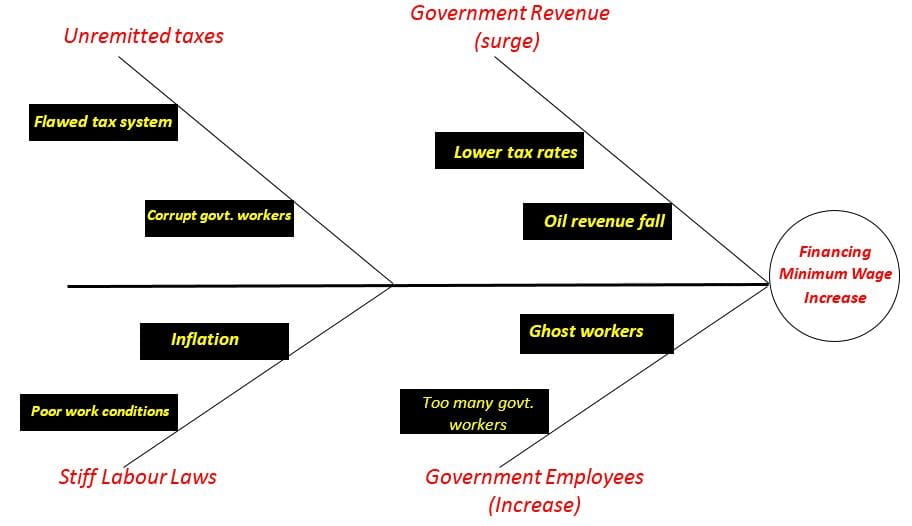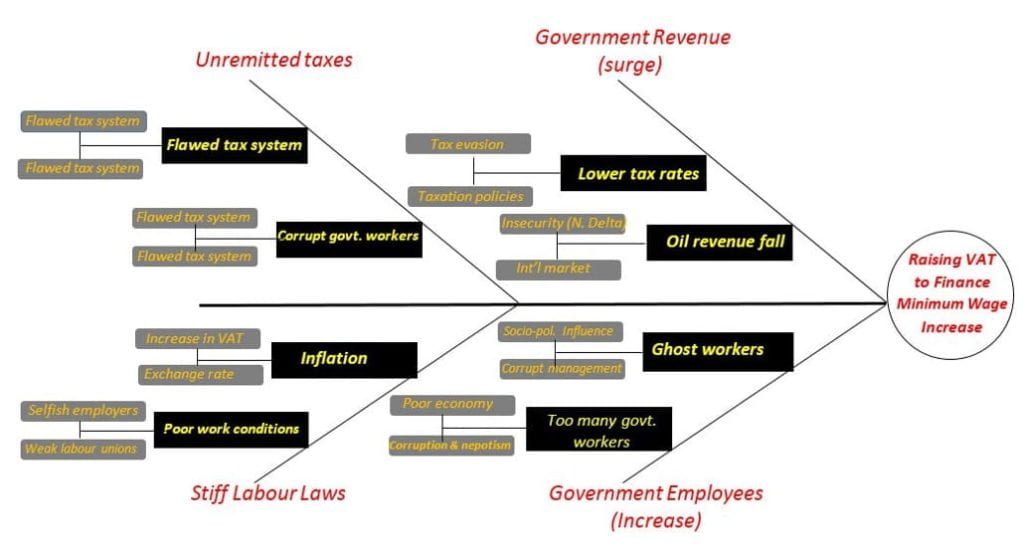Guest blog by Abubakar Shuaibu, IPP 2021
Fulfillment is an indispensable and fundamental index that can be employed in the assessment of any worthwhile project, goal, or journey. My 13-week learning journey, an unforgettable and worthwhile endeavor to be qualified, is nothing short of a fulfilled experience. On this note, I would like to introduce this article with a few words of appreciation for my instructors, learning group, team members, stakeholders, and every actor who played a role in Implementing Public Policy (IPP) course over this brief period.
When I signed up for Implementing Public Policy online, I had a few clear expectations. What I didn’t know, however, was that I would get to come across a lot of other things I didn’t capture in my expectations. First, I didn’t think I was going to be meeting a lot of people from different political, social, and cultural backgrounds. During the course of working on the policy challenge, I had to go far out of my way to meet government officials and politicians at both federal and local levels. Also, a lot of my team members and stakeholders were experts from different fields and backgrounds. Another thing is, I didn’t know I would be relying on some other people to make decisions I would normally consider simple. I have never really worked in a large team or group, and having to work with people in this capacity requires that every decision had to be approached with a lot of ideas coming from different team members.
However, I had some expectations which were actually seen during the course of my learning experience. First, I anticipated that my learning experience would be fun. Though we had difficulties and some challenging situations, the fun in the learning experience was especially when we stepped away completely from the class and into the field, scheduling briefing sessions, meeting people across different socio-cultural backgrounds, sharing opinions and insights from different experts and professional team members, knowing we were working on a challenge or problem that would affect a lot of people. It was just real.
When I signed up for this course, I anticipated that it would definitely impact my attitude and behavior. By virtue of my good communication skills, I’ve related with different people on a frequent level. In my experience, I’ve never been turned down, rejected, delayed, stressed, and made to wait as I experienced during the course of my working with people over the policy challenge we were working on. At some moments, I had to wait long hours for a scheduled meeting at someone’s convenience. All these experiences improved my patience, perseverance, and tolerance.
We are working on the implementation challenges of raising VAT by the Federal Government of Nigeria to finance a minimum wage increase. Following continuous pressure and demand from the Nigeria Labour Congress on the Federal Government of Nigeria to increase wages, the Government increased employees’ minimum wage. Considering the sources of funds to finance the new increment, the federal government decided in September 2019 to raise Value Added Tax (VAT) from 5% to 7.5%. This is a fundamental financial problem and it cuts across the economy and every aspect of Nigerian society. If this is not properly addressed, it would affect the entire livelihood of the people.
I’ve learned a lot of things from this course. First, there is a multi-dimensional approach to problems/challenges. A one-way approach to a challenge is a poor approach. The fishbone diagram we used brought this to the forefront. You have many options and you get to pick the best when you approach a challenge from a multi-dimensional point of view. Most times, a one-way approach is not usually the best.
It was also interesting to learn that a policy implementation challenge requires a wide range of consultations. This makes it possible to have many experts and professionals discussing opinions and ideas that would completely not be captured by a team of just a few people.
An efficient, supportive team is indispensable to the implementation of a policy challenge. During our consultations, we had a couple of experts from different angles including media, political analysts, academics, etc. They were very supportive and proved to be valuable during briefing and review sessions.
Also, things are not always as they appear on the surface. One would only see raising funds through increasing VAT by the government as the definitive approach to solving the problem of an increase in the minimum wage. During the course of implementation work, a lot of other factors that were potential causes came to the limelight. Ghost workers, oil revenue fall, too many government workers, low tax rates, corruption & nepotism, etc, were some other factors that were discovered to be possible causes of the policy problem.
Over the 12-week period, we have achieved some level of progress in our attempt to build a robust and supportive team, engaging authorizers, and specifically addressing the challenge or problem. We held team briefings and review meetings. We had scheduled and met with stakeholders including government officials, politicians, and experts. We selected team leads. We conducted 2 awareness campaigns. We built a fishbone diagram to better analyze the problem and identify entry points (figure 1) and revisited/updated one (figure 2).

The next one is the revised fishbone diagram my team came up with after further breaking down the problem.

A few things I must not forget as lessons from this course because I have already begun applying them. One of them is listening more to team members (and colleagues) than giving instructions. Listening helps in two ways. It gives your team members a sense of responsibility. They feel they’re playing a major part in solving the problem at stake than just being told what to do. Listening also helps you learn a lot of things unknown from the professional opinions and expert contributions of your team members.
Also, involving experts and professionals across different fields in any challenge is key. If you build a team that is wide, you have the advantage of bringing in expert ideas on board. This would not be possible for a team of just a few.
Delegation is also a key lesson learned from this course which will be put to use in my subsequent needs. My traditional way of working was the “do it yourself because I know better” type. When we got delegating responsibilities to team leads and others, we saved a lot of time and things were done more efficiently.
One word of wisdom I’d like to pass on to PDIA practitioners all over the world is that the same level of thinking that created problems can not be used in solving them. Therefore, one must constantly challenge the mindset and frame with which one starts to look at the problems of policy implementation.
This is a blog series written by the alumni of the Implementing Public Policy Executive Education Program at the Harvard Kennedy School. Participants successfully completed this 6-month online learning course in 2021. These are their learning journey stories.
